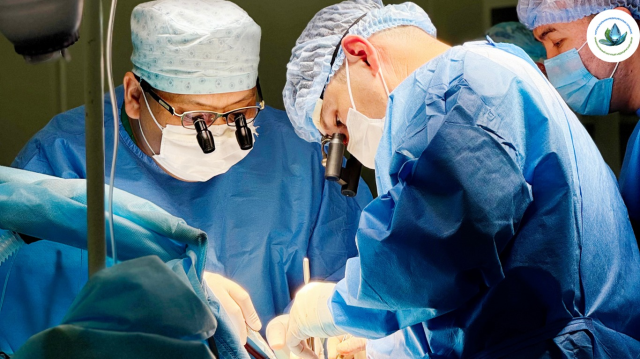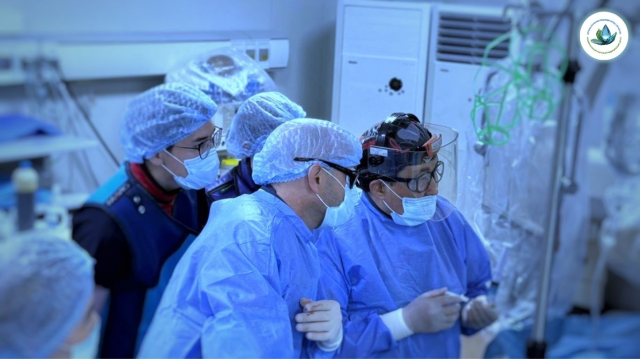A hepatologist is a doctor whose specialty is the diagnosis and treatment of diseases of the liver and biliary tract, of various genesis and severity. Constant stress, bad habits, poor ecology and a host of other aggressive factors negatively affect liver function. Timely diagnosis and treatment can prevent the disease from becoming chronic and the development of serious complications.
Important:
• The liver has no nerve endings, so it does not give pain signals!
• The liver is a unique organ capable of regenerating, so with the right treatment regimen, it can fully restore its functions.
• People often do not even think about the fact that every time they consume animal products with a high content of saturated fats, they put their liver in danger. Fatty liver disease develops imperceptibly. Excess fat accumulating in hepatocytes leads to their destruction and severe damage to the liver, up to the development of cirrhosis.
• Hepatitis occupies one of the leading positions among all liver diseases. Viruses, their own antibodies, toxins, and any infection can provoke its development. The danger of hepatitis is that at the initial stage it does not manifest itself in any way, and hepatitis C can generally manifest itself as a deterioration of well-being only 10-15 years after infection.
What symptoms should you contact a hepatologist with?
• feeling of heaviness, pain and discomfort in the right hypochondrium;
• appetite disorder, constant bitterness in the mouth, frequent heartburn, nausea, vomiting;
• deterioration of the general condition after eating any spicy and fatty foods, alcohol;
• discoloration of feces and urine (grayish-white, white stools and dark urine);
• skin rash accompanied by itching;
• yellowing of the eye whites, mucous membranes and skin.
Hepatologist services
Our Center provides comprehensive diagnosis and treatment of liver and biliary tract diseases of various etiologies and severity. We employ doctors of medical sciences and with the highest level of qualification, with deep scientific knowledge in the field of hepatology and unique work experience.
How is the hepatologist's consultation going?
A consultation with a hepatologist is an excellent opportunity to learn about the risk of liver and biliary tract diseases and methods of their prevention.
As a rule, the appointment of a specialist includes:
• anamnesis collection;
• inspection;
• study of research results;
• diagnosis;
• development of an individual treatment program;
• selection of a wellness program.
You will receive detailed explanations on the diagnosis and the prescribed treatment. Based on the results of the examination, the hepatologist may prescribe additional studies. The doctor will also give recommendations regarding the normalization of nutrition and lifestyle changes, and will select an individual therapeutic diet (if necessary).
What diseases are treated by a hepatologist
• fatty liver disease;
• hepatitis (viral, bacterial, autoimmune, nonspecific, etc.);
• cirrhosis of the liver;
• cholelithiasis;
• alcoholic liver damage;
• cholecystitis;
• benign hyperbilirubinemia (Gilbert's disease);
• cholangitis;
• steatohepatitis of non-alcoholic etiology.
Diagnostic methods performed by a hepatologist:
• laboratory diagnostics — clinical, biochemical and bacteriological tests of blood, urine, feces; serological blood tests;
• PCR diagnostics;
• hormonal studies;
• Ultrasound, CT, MRI, abdominal organs;
• esophagoscopy;
• biopsy (if a tumor process is suspected).
Comprehensive diagnostics allows you to quickly make the only correct diagnosis and choose the most effective treatment regimen for the disease.
How to make an appointment with a hepatologist
You can make an appointment with a hepatologist by calling +7 7172 57 74 40, +7 702 094 77 71







